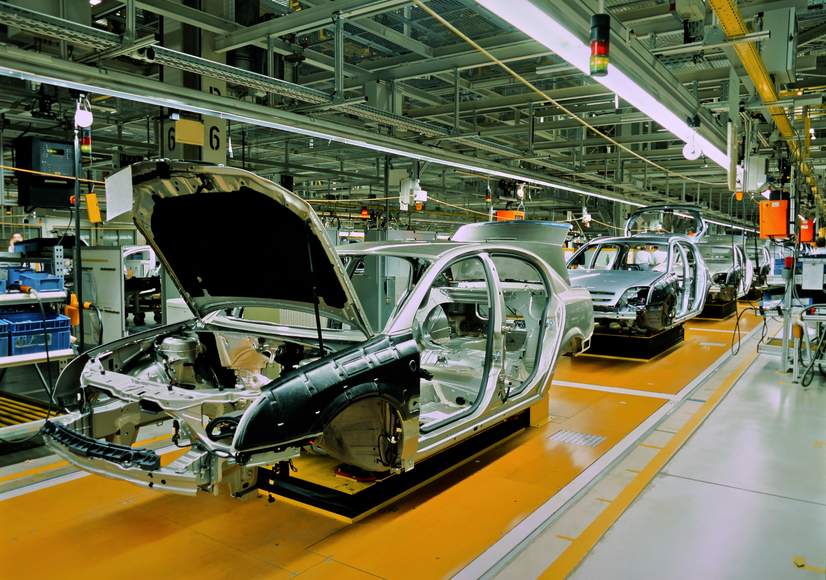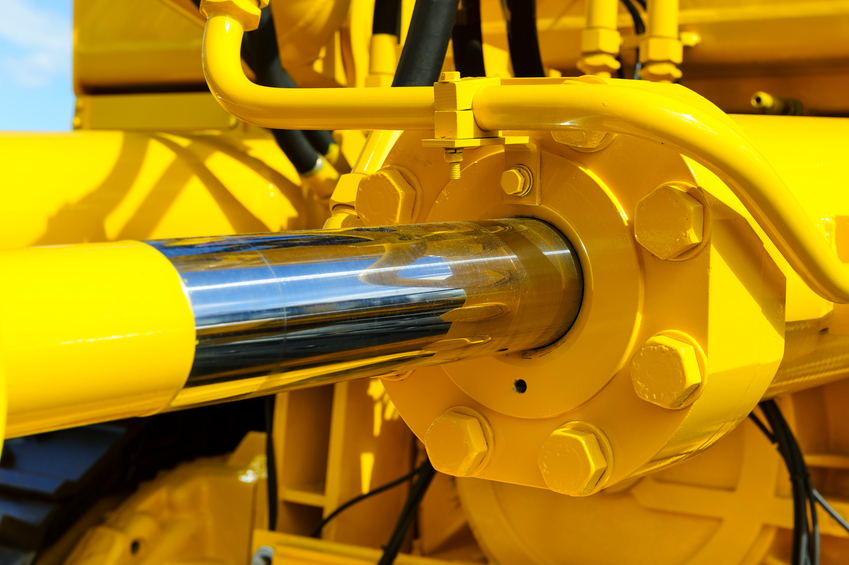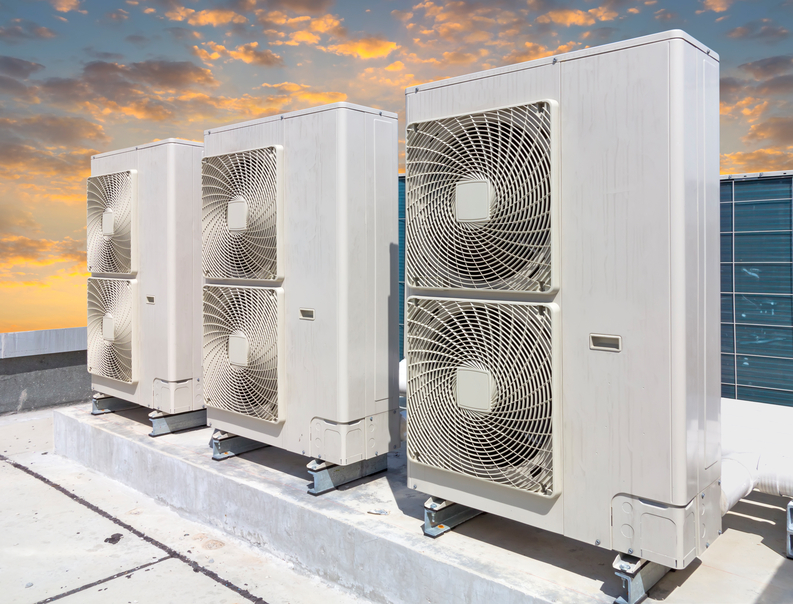Virginia Mechanical 16 PDH Discount Package 3
Principles of Hydraulic and Pneumatic Systems (M04-043)
Fan and Pump Technology Overview and their Energy Saving Opportunities (M09-002)

This online engineering course presents the operational principles and basic mechanisms of the internal combustion engine.
The power of an internal combustion engine comes from burning a mixture of fuel and air in a small, enclosed space. When this mixture burns, it expands significantly; building pressure that pushes the piston down, in turn rotating the crankshaft. Eventually, this motion is transferred through the transmission and out to the drive wheels to move the vehicle.
The automobile is a familiar object to all of us. The engine that moves it is one of the most fascinating and talked about of all the complex machines we use today. This machine is what we call the internal combustion engine.
This 3 PDH online course is intended for mechanical and industrial engineers, designers, manufacturers and anyone interested in gaining a better understanding of the basics of an internal combustion engine.
This PE continuing education course is intended to provide you with the following specific knowledge and skills:
- Understanding the principles of operation, the different classifications, the measurements and performance standards of an internal combustion engine
- Identifying the series of events /cycles in a gasoline engine
- Identifying the series of events /cycles in a diesel engine
- Understanding the differences between a four-stroke cycle engine and a two-stroke cycle engine
- Recognizing the differences in the types, cylinder arrangements, and valve arrangements of internal combustion engines
- Identifying the terms, engine measurements, and performance standards of an internal combustion engine
Upon successful completion of the quiz, print your Certificate of Completion instantly. (Note: if you are paying by check or money order, you will be able to print it after we receive your payment.) For your convenience, we will also email it to you. Please note that you can log in to your account at any time to access and print your Certificate of Completion.

This online engineering course presents the basic principles of hydraulics and pneumatics along with their various components followed by discussing the maintenance procedures associated with these systems.
In automotive and construction equipment, the terms “hydraulic” and “pneumatic” describe a method of transmitting power from one place to another through the use of a liquid or a gas which obey certain physical laws and principles discussed in this course.
This 4 PDH online course is intended for mechanical and industrial engineers, as well as other technical professionals interested in gaining a better understanding of the principles of hydraulic and pneumatics systems.
This PE continuing education course is intended to provide you with the following specific knowledge and skills:
- Understanding the operating principles of hydraulic systems
- Identifying operation characteristics, component functions, and maintenance procedures of a hydraulic system
- Understanding the operating principles of pneumatic systems
- Identifying operational characteristics and service procedures applicable to heavy-duty compressors
Upon successful completion of the quiz, print your Certificate of Completion instantly. (Note: if you are paying by check or money order, you will be able to print it after we receive your payment.) For your convenience, we will also email it to you. Please note that you can log in to your account at any time to access and print your Certificate of Completion.

This online engineering PDH course provides a technical and market analysis of pumps and fans as they pertain to commercial and residential buildings, as well as key conclusions regarding the R&D opportunities that can help achieve energy savings goals.
The Building Technologies Office (BTO) within the Department of Energy’s (DOE) Office of Energy Efficiency and Renewable Energy (EERE) works with researchers and the industry to develop and deploy technologies that can substantially reduce energy consumption in residential and commercial buildings.
The course highlights an annual technical savings potential of approximately 2.6 and 0.63 quads of primary energy for fans and pumps, respectively, assuming 100% adoption of best-in-class energy efficient technologies in the U.S. for the applicable installed base.
Four R&D opportunity areas for fans and five R&D opportunity areas for pumps are identified that will help to achieve the required savings potential, and therefore, BTO’s energy savings goals. These key opportunities for R&D are primarily focused on systems-level controls and technological improvements such as motors.
This 9 PDH online course is applicable to HVAC, mechanical and electrical engineers, and professionals who are interested in learning more about fan and pump technologies and their energy saving opportunities.
This PE continuing education course is intended to provide you with the following specific knowledge and skills:
- Familiarizing with the state and type of pump and fan technologies used in residential and commercial appliances, equipment, and systems
- Learning about fan energy saving opportunities for residential and commercial buildings
- Learning about Pump energy saving opportunities for residential and commercial buildings
- Identifying potential areas where R&D efforts, through BTO or others, could boost efficiency of fans, pumps, and their systems
Upon successful completion of the quiz, print your Certificate of Completion instantly. (Note: if you are paying by check or money order, you will be able to print it after we receive your payment.) For your convenience, we will also email it to you. Please note that you can log in to your account at any time to access and print your Certificate of Completion.